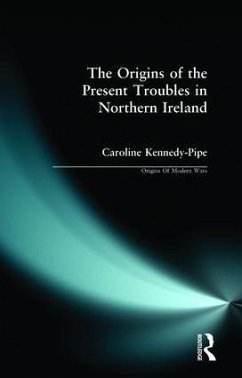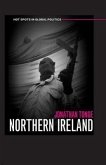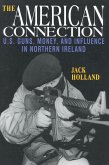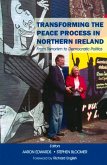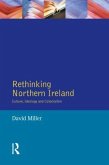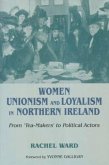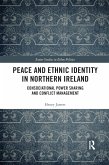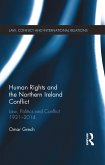[Series Logo] General Editor: Harry Hearder Formerly Professor Emeritus, University of Wales The roots of the Northern Ireland situation stretch back to the sixteenth century and beyond. Caroline Kennedy-Pipe's pioneering book is, however, concerned with the modern conflict: with the reasons for the resurgence of the Troubles in the late 1960s, and in particular the causes and consequences of the decision to bring in the British Army in 1969. For over a quarter of a century now the British Army has been involved in the bloody and protracted struggle in the province. It has been caught between - and in turn impacted upon - the tensions and suspicions of the two communities, the ambitions of their leaders and activists, and the political manipulations and limitations of the decision-makers in London, Belfast, Dublin and, increasingly, the world beyond. Dr Kennedy-Pipe examines how this came about; what the role of the Army has been; and how that role has changed over time, according to the fluctuations of the political situation. Above all, she analyses what the involvement of the Army has done to change the character of the political situation itself. The book starts with a succinct account of the sources of the tension between the Protestant and Catholic communities from the late nineteenth century onwards, and the attempts of successive British administrations to solve the "Irish problem." Dr Kennedy-Pipe then gets fully into her stride with the events of 1968/69, and their consequences. She sees the Army and its role as integral to both the origins and the evolution of the conflict. She shows how troops have been used in a complicated and volatile situation in which British government policy has seemed at times neither clear nor consistent. The Army's position, which could never have been easy, has been made more still difficult since the mid-1970s, when a political determination developed in Westminster to downgrade British involvement in Northern Ireland. Dr Kennedy-Pipe is a shrewd and impartial observer. While her book does not make comfortable reading for any of the parties involved in the long- suffering province's predicament, she is fully alive to the difficulties of "policing" a local conflict with soldiers. Overall, she concludes that the role of the British Army in the Irish conflict, and indeed the role of the British Government itself, can only be understood in the context of what has been, essentially, a question of managing a partial retreat. This study is a distinguished addition to a distinguished series. It is far more than a specific chronicle of military strategies and sectarian strife: it places the present Troubles, and the use of the Army in Northern Ireland, within the context of the wider British experience of dealing with political violence; and it addresses the still broader issue of how democratic states have responded to ethnic conflict and the threat of "internal" disorder. Caroline Kennedy-Pipe is Deputy Director and Senior Lecturer in the Institute for International Studies at the University of Leeds.

